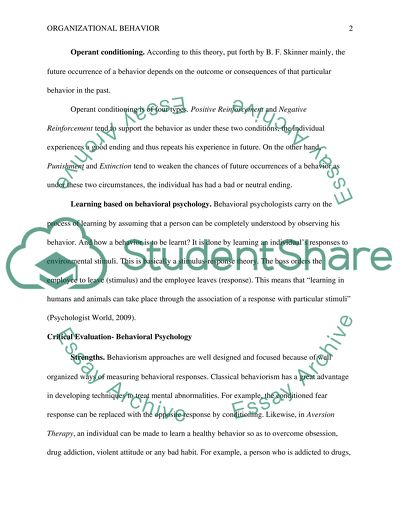Cite this document
(Behavioral vs Cognitive Psychology in the Context of Organizational Be Coursework - 1, n.d.)
Behavioral vs Cognitive Psychology in the Context of Organizational Be Coursework - 1. Retrieved from https://studentshare.org/psychology/1563279-organizational-behaviour
Behavioral vs Cognitive Psychology in the Context of Organizational Be Coursework - 1. Retrieved from https://studentshare.org/psychology/1563279-organizational-behaviour
(Behavioral Vs Cognitive Psychology in the Context of Organizational Be Coursework - 1)
Behavioral Vs Cognitive Psychology in the Context of Organizational Be Coursework - 1. https://studentshare.org/psychology/1563279-organizational-behaviour.
Behavioral Vs Cognitive Psychology in the Context of Organizational Be Coursework - 1. https://studentshare.org/psychology/1563279-organizational-behaviour.
“Behavioral Vs Cognitive Psychology in the Context of Organizational Be Coursework - 1”. https://studentshare.org/psychology/1563279-organizational-behaviour.


